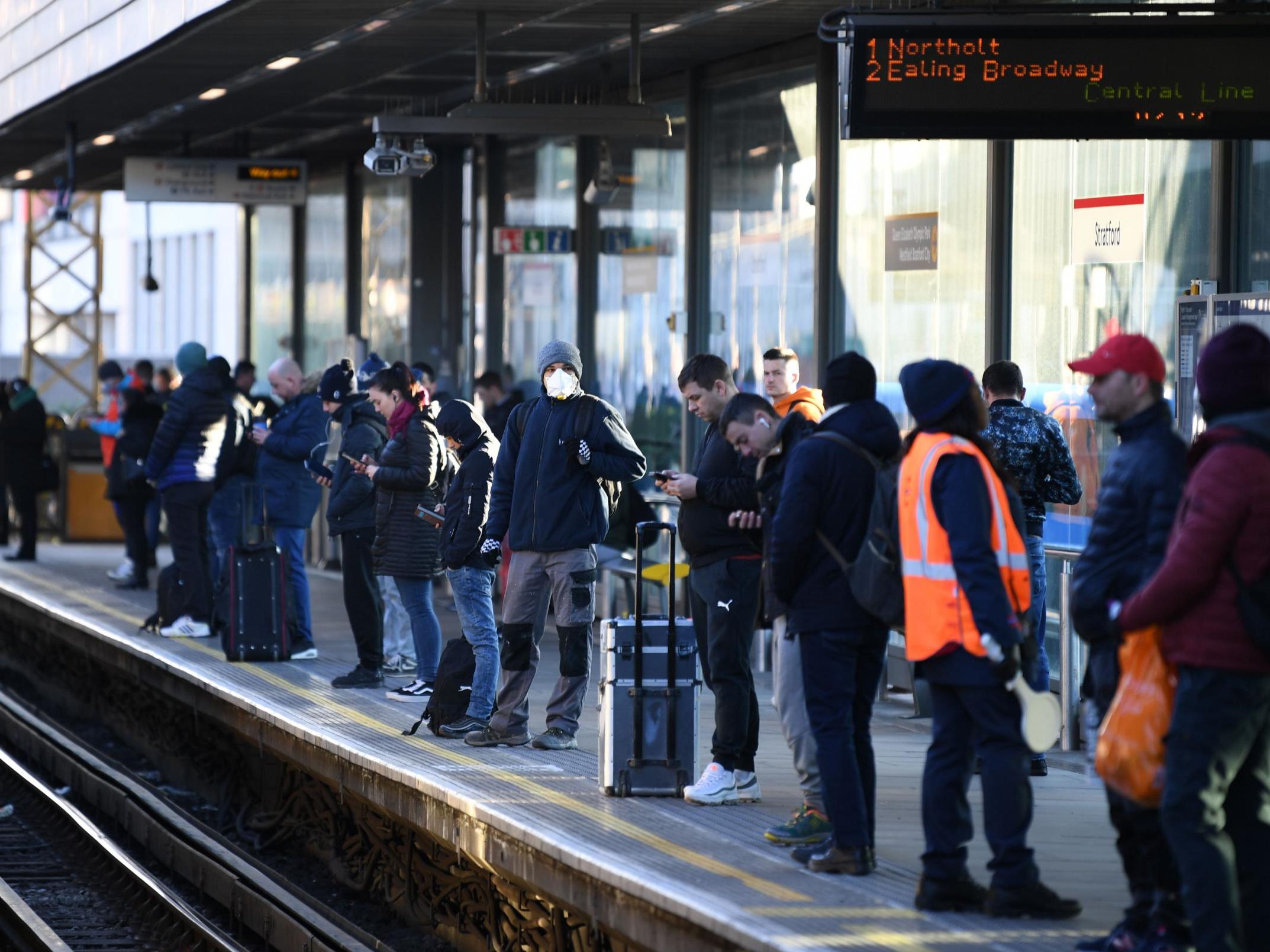How restoring a full, scheduled public transport service will give the economy the kickstart it needs
As the nation returns to work, reducing crowding and protecting public transport staff should be at the top of politicians’ agendas, writes Simon Calder


The RMT union knows how crowded trains can get. It has repeatedly made its own contribution to the timeless conundrum of “How many passengers can be crammed on to the 7.44am from Woking to Waterloo?”
You may recall that the rail union staged a month-long strike in December 2019 over the role of guards and the central issue of whether the driver or the guard should open and close the doors on South Western Railway services.
That bitter dispute, the union maintains, centres on passenger welfare. Those concerns were expressed this week in a letter to Boris Johnson from the RMT and the two other rail unions – Aslef and TSSA – with a focus on staff safety in the new and deadly era of coronavirus.
“We will not accept new working patterns that put the lives of railway workers and passengers at risk,” insists the trio of general secretaries.
“Company profits must not come before people’s lives and the lockdown should not be lifted until it safe to do so.”
Covid-19 has taken the lives of many front-line transport workers – at least 28 of them bus drivers in London. Abolishing bus fares and insisting everyone uses the centre doors was the appropriate, if delayed, response.
As the nation returns to work, protection of public transport staff should be at the top of the politicians’ agenda – with “revenue protection” (preventing fare-dodging) sacrificed in the name of safety.
But rather than making this essential argument, the letter is laden with outdated political dogma – as the jibe at “company profits” demonstrates. The unions know full well that the rail franchise system has collapsed along with passenger numbers, and that a fixed-payment management contract system is the only way the trains can continue to run in the foreseeable future.
Restoring a full scheduled service is the only rational way to manage the re-booting of the economy. To do any less would increase crowding, placing passengers and staff at greater risk.
Yours
Simon Calder
Travel correspondent
Join our commenting forum
Join thought-provoking conversations, follow other Independent readers and see their replies
Comments